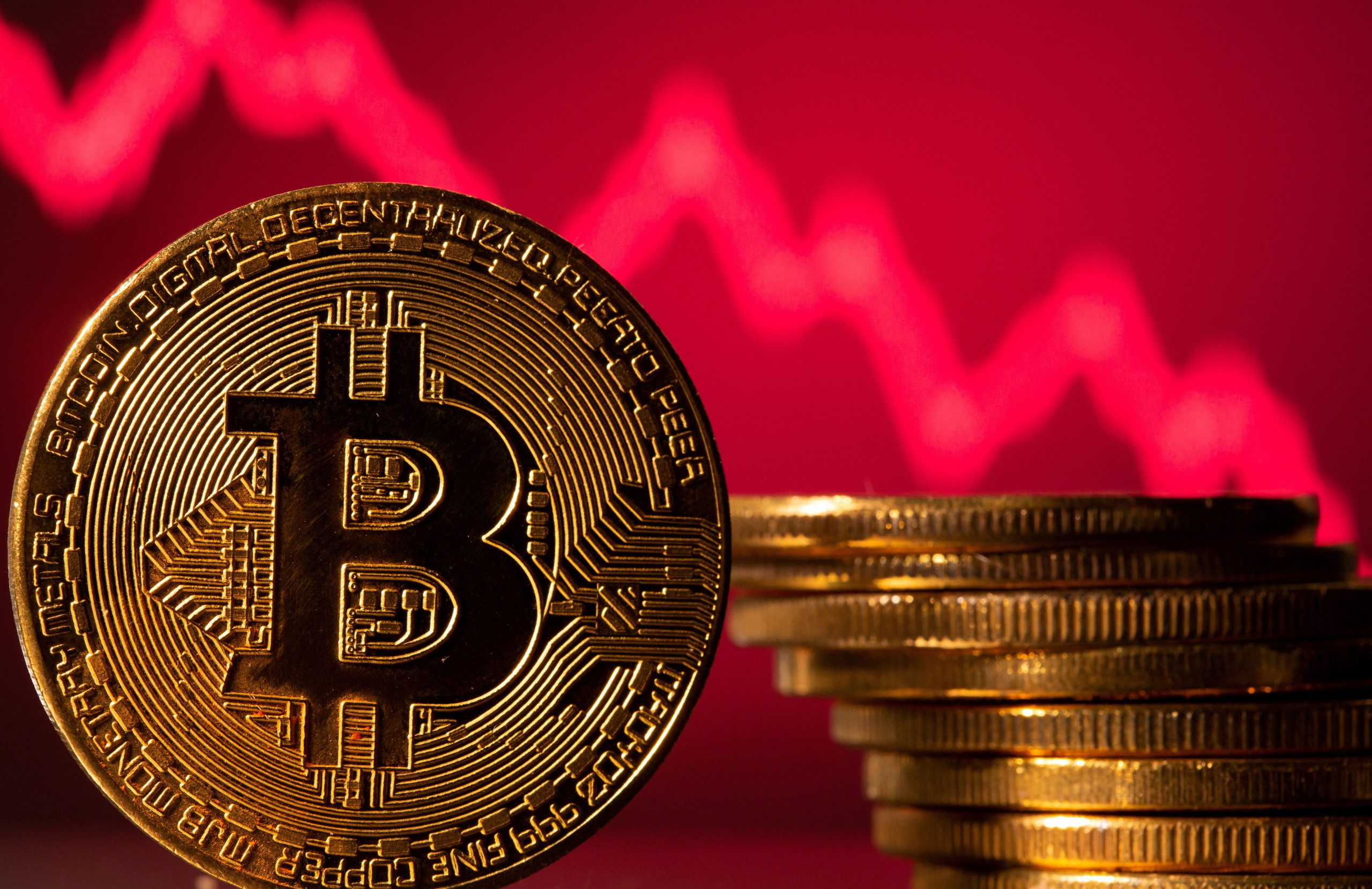IN BRIEF
- The Central Bank of Nigeria (CBN) recently issued directives aimed at monitoring individuals and entities utilizing major cryptocurrency platforms.
- These directives serve to strengthen existing regulations that forbid financial institutions from participating in cryptocurrency transactions or aiding in payments for crypto exchanges.
- Despite these measures, the CBN has refuted claims of issuing any restrictive circular regarding cryptocurrency activities. This denial was communicated through a post on social media, with the CBN advising the public to seek authentic updates from its official website.
Yesterday morning, news broke that the Central Bank of Nigeria (CBN) took center stage by issuing a comprehensive directive that encompassed various financial entities, including Deposit Money Banks (DMBs), Non-Bank Financial Institutions (NBFIs), Other Financial Institutions (OFIs), and even the general public.
The directive was unequivocal: monitor individuals and entities engaging in transactions involving platforms like Bybit, KuCoin, OKX, and Binance. This wasn’t merely bureaucratic paperwork; it was a call to action, initially revealed in a letter that CoinDesk claimed to have obtained.
The communication served as a reminder to financial institutions that involvement in cryptocurrency transactions or facilitating payments for crypto exchanges remains strictly prohibited. While it’s no secret that cryptocurrencies and the CBN have had a strained relationship, this directive reinforced the stance in a clear and explicit manner.
The saga persists.
The recent directive from the Central Bank of Nigeria (CBN) marks another chapter in the ongoing Binance-Nigeria saga, a narrative that has captured international attention and fueled discussions worldwide.
To recap, Nigeria’s regulatory authorities have accused Binance of contributing to the depreciation of the naira through questionable currency speculation practices. The situation escalated dramatically when the government extended invitations to two high-ranking Binance executives, only to arrest them upon arrival—a plot twist that garnered significant attention.
The CBN’s latest directive comes with significant implications. It calls for the identification and monitoring of accounts associated with major cryptocurrency platforms, imposing a “Post No Debit” (PND) order on flagged accounts for a duration of six months. Violators face the threat of severe regulatory penalties, indicating the seriousness with which the CBN views these actions.
However, the directive extends beyond freezing funds. It also targets individuals and entities suspected of engaging in cryptocurrency transactions under the radar, particularly those involved in transactions with USDT, a popular stablecoin. The CBN’s message is clear: it is closely monitoring the cryptocurrency market and will not hesitate to take action against those violating regulations.
Interestingly, the directive does not explicitly mention domestic cryptocurrency firms like Flincap. According to Nathaniel Luz, the CEO of Flincap, this omission may be because Nigerian crypto firms are actively seeking the necessary licenses and regulatory approval to operate within the legal framework.
Amidst a state of confusion, clarity emerges.
Amidst the flurry of events, a surprising twist unfolds. On Wednesday, the Central Bank of Nigeria (CBN) took to Twitter to set the record straight, asserting that the controversial circular causing widespread alarm was not of their making. Instead, they urged the public to refer to their official website for accurate information, aiming to dispel the confusion that had gripped the nation.
To fully understand this latest development, let’s rewind to February 2021 when the CBN took a hardline stance against cryptocurrency transactions, citing concerns such as money laundering, terrorism financing, cybercrime, and the inherent volatility of cryptocurrencies. However, fast forward to December 2023, and the narrative takes a sharp turn. The ban is lifted, and the CBN adopts a new role as a guiding force, issuing guidelines to banks and financial institutions on how to navigate crypto operations, particularly with Virtual Assets Service Providers (VASPs).
For those unfamiliar, VASPs serve as intermediaries in transactions involving virtual assets and traditional currencies. This recent move by the CBN suggests a potential shift in perspective or strategy regarding crypto transactions, marking a significant departure from its previous stance.
This unexpected plot twist leaves observers speculating about the next chapter in Nigeria’s crypto saga. Will it mark a definitive shift in the regulatory landscape, or is it merely a temporary detour in the ongoing narrative? Only time will tell.



